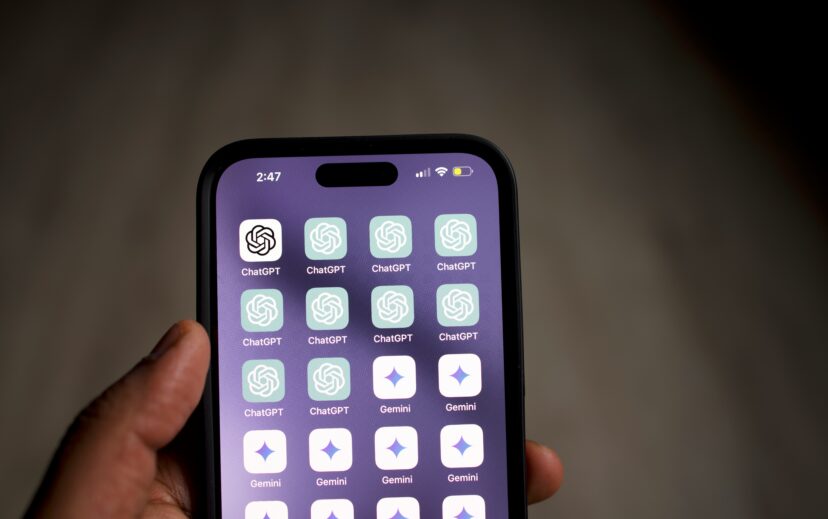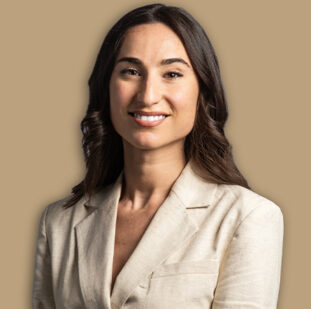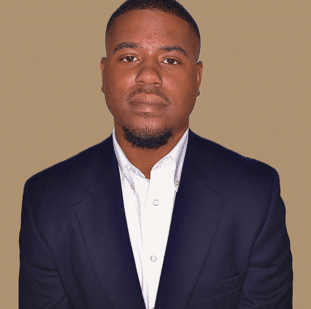Whose Voice Is It Anyway? Scarlett Johansson & OpenAI Raise Right of Publicity Questions
Scarlett Johansson is “shocked, angered and in disbelief” that the updated version of ChatGPT, which can respond verbally, has a voice “eerily similar” to hers. This news comes amid an influx of new artificial intelligence (AI) technology and adds to the questions surrounding name, image and likeness protections in the digital age. Consulting with an experienced intellectual property attorney can help you navigate your rights if your voice or likeness is used without your permission.
Background
In 2023, OpenAI launched a new ChatGPT function, which allows users to verbally prompt the bot. OpenAI also created a text-to-speech option that allows ChatGPT to respond verbally.
In September, OpenAI founder, Sam Altman, asked Johansson to be the voice of ChatGPT’s verbal function, which is named “Sky.” Johansson declined the offer. Thus, she was shocked when she heard Sky, because it sounds just like her voice. Altman denies that Sky’s voice is based on Johansson’s. However, after Johansson’s legal team requested that OpenAI disclose the process for creating Sky, the voice function was removed. Altman issued an apology and offered an explanation, stating that the voice of another anonymous actress was sampled for the AI personal assistant.
Still, the news tugs at the limits of name, image, and likeness rights (commonly known as “NIL”). Recently, AI was an issue contemplated in the recent round of SAG strikes; this Johansson issue is precisely what actors fear about AI. NIL rights are protected by the right of publicity, which varies state by state.
What is the right of publicity?
The right of publicity is the right of an individual to control the commercial use of his or her name, image, likeness, and other similar aspects of the individual’s identity, including voice. Originating from privacy laws, this right prevents unauthorized exploitation, particularly for profit, of recognizable attributes. It is commonly associated with celebrities, who use their fame for endorsements or merchandise. However, this right protects any person – even non-famous – whose identity is exploited for commercial gain. While it generally does not restrict non-commercial uses like news reporting, the right of publicity safeguards against unauthorized endorsements or misleading associations with products. State laws govern this right, with varying provisions on its duration and post-mortem application.
Is my voice protected under the right of publicity?
It depends – some states and jurisdictions have stronger protections than others. The protection is also contingent upon how the voice is used and whether the voice is recognizable as your own. In a 1988 case between Bette Midler and the Ford Motor Company, the court found that Ford, who used a voice strikingly similar to Midler’s in its car commercial, violated California’s right of publicity laws. Midler v. Ford Motor Co., 849 F.2d 460 (9th Cir. 1988).
More recently, a Tiktok user fed an AI bot music by artists Drake and The Weekend, creating a song that perfectly mimicked the voices, tunes, and lyrics of each artist. The user posted the song on Tiktok and, after garnering considerable public attention, Universal Music Group promptly moved to have the song taken down. Artificial sampling of prominent artists prompts important legal questions concerning AI infringing copyrighted works.
What should I do if my voice is used without my permission?
It is important to understand your rights and how you can protect your intellectual property. In Johansson’s case, she may have a right of publicity claim against OpenAI. Johansson may argue that her right of publicity was violated by OpenAI appropriating her voice without her consent. As there is no federal NIL law, this claim would have to meet the criteria for a right of publicity violation in whichever state the claim is brought.
Johansson – or movie studios – may also have a copyright claim, if she can show that OpenAI used samples of her copyrighted works to produce the AI voice.
Conclusion
Creators, voice actors and public figures should consult with an attorney experienced in intellectual property law to understand their rights in the new age of AI. Contact us to speak with a member of our team and learn about your next steps.
Contributions to this blog by Katherine Baeppler.




